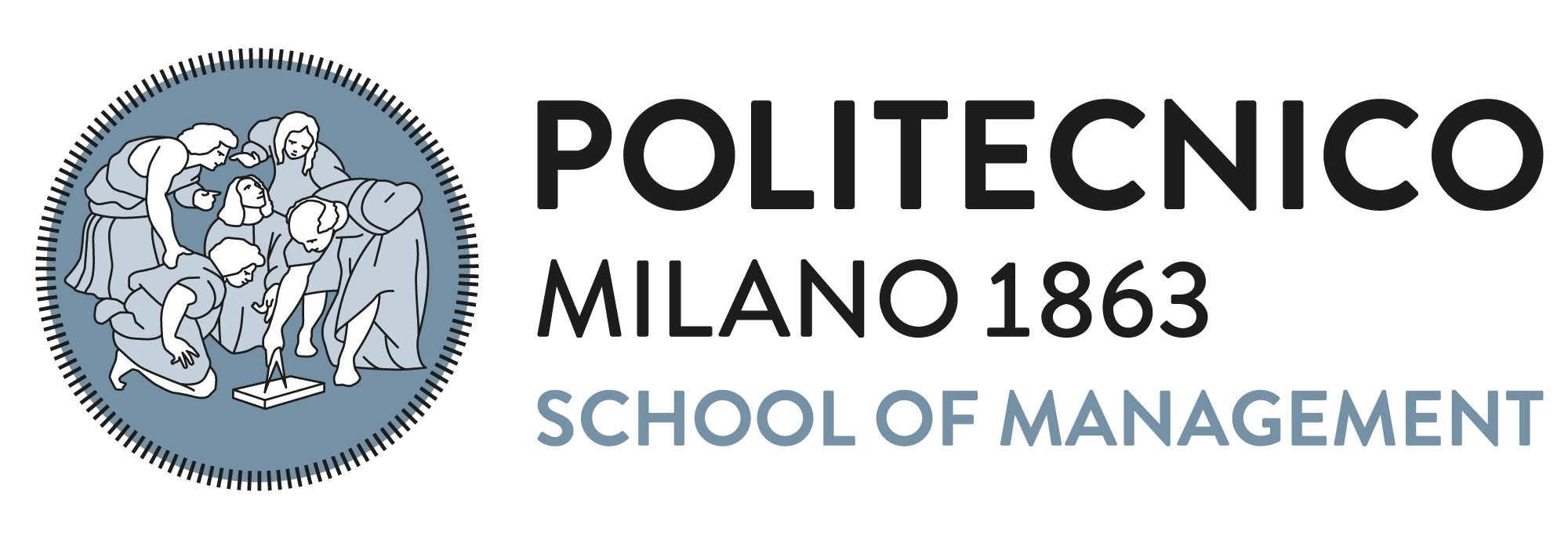The research aims at investigating crowdfunding (CF), with special attention to the determinants of the success of CF campaigns and the links with other sources of entrepreneurial finance. The research takes advantage of comprehensive longitudinal campaign-level data infrastructure on reward-based and equity CF, and the use of advanced machine learning and semantic content analysis techniques for campaign classification. The results of this research has been published in top scientific journals, including Science, and has great impact on the international scientific community: the first published article of this research in Entrepreneurship Theory & Practice is one of the most cited paper in the CF literature. The practice-oriented research activity is based on the Observatory on Italian Crowdinvesting, which disseminates research results to a large community of practitioners and policy makers and has played a prominent role in influencing Italian regulation of CF. The research has been supported by several grants from the European Commission, including the H2020 Altfinator project on the dissemination of alternative finance practices in Europe.
CF has emerged as a viable funding source for entrepreneurs and it is going to play an increasingly important role in the entrepreneurial finance ecosystem in the future. This research aims at understanding the dynamics underlying this phenomenon, the antecedents of the success of CF campaigns, with special regard to the social capital developed by project proponents through the CF platform, its outcomes and its linkages with other “traditional” sources of entrepreneurial finance. With this project, the EFI research group has become an international reference point on CF in the academic community, has contributed to inform the policy debate on the topic, has become an important landmark for practitioners, and has influenced society at large. The EFI group has developed the Observatory on Italian Crowdinvesting (http://www.osservatoriocrowdinvesting.it). It also hosts one of the most comprehensive data infrastructure on CF, with fine grained information at campaign level for more than 300,000 CF campaigns, including all the campaigns launched in Kickstarter, Crowdcube, and all the campaigns launched in Italy. In addition, the data infrastructure contains a map of all CF platforms operating in Europe. Finally, with the participation to the European funded project Altfinator (http://www.altfinator.eu), the EFI group will contribute to increasing the awareness and the adoption of best practices in the overall alternative finance landscape across Europe through various dissemination events and the production of online video lectures (e.g., MOOCs).
Key research questions:
- What are the antecedents of the success of CF campaigns? To what extent early achievements predict campaigns’ success? What is the role of the social capital developed by project proponents within a CF platform? Why and under which conditions are serial crowdfunders more successful than other project proponents?
- What is the role of CF in the entrepreneurial finance ecosystem? What is the link of CF to other more traditional entrepreneurial finance channels, like venture capital and business angel financing?
- What determines the performance of CF platforms? What is the link between CF platforms’ business model and their performance?
Outputs and Impact (e.g. main publications or other impact results):
- Colombo, M. G., Franzoni, C., & Rossi‐Lamastra, C. (2015). Internal social capital and the attraction of early contributions in crowdfunding. Entrepreneurship Theory and Practice, 39(1), 75-100.
- Colombo, M. G., Franzoni, C., & Rossi-Lamastra, C. (2015). Cash from the crowd. Science, 348(6240), 1201-1202.
- Dushnitsky, G., Guerini, M., Piva, E., & Rossi-Lamastra, C. (2016). Crowdfunding in Europe: determinants of platform creation across countries. California Management Review, 58(2), 44-71.
- Butticè, V., Colombo, M. G., & Wright, M. (2017). Serial crowdfunding, social capital, and project success. Entrepreneurship Theory and Practice, 41(2), 183-207.

